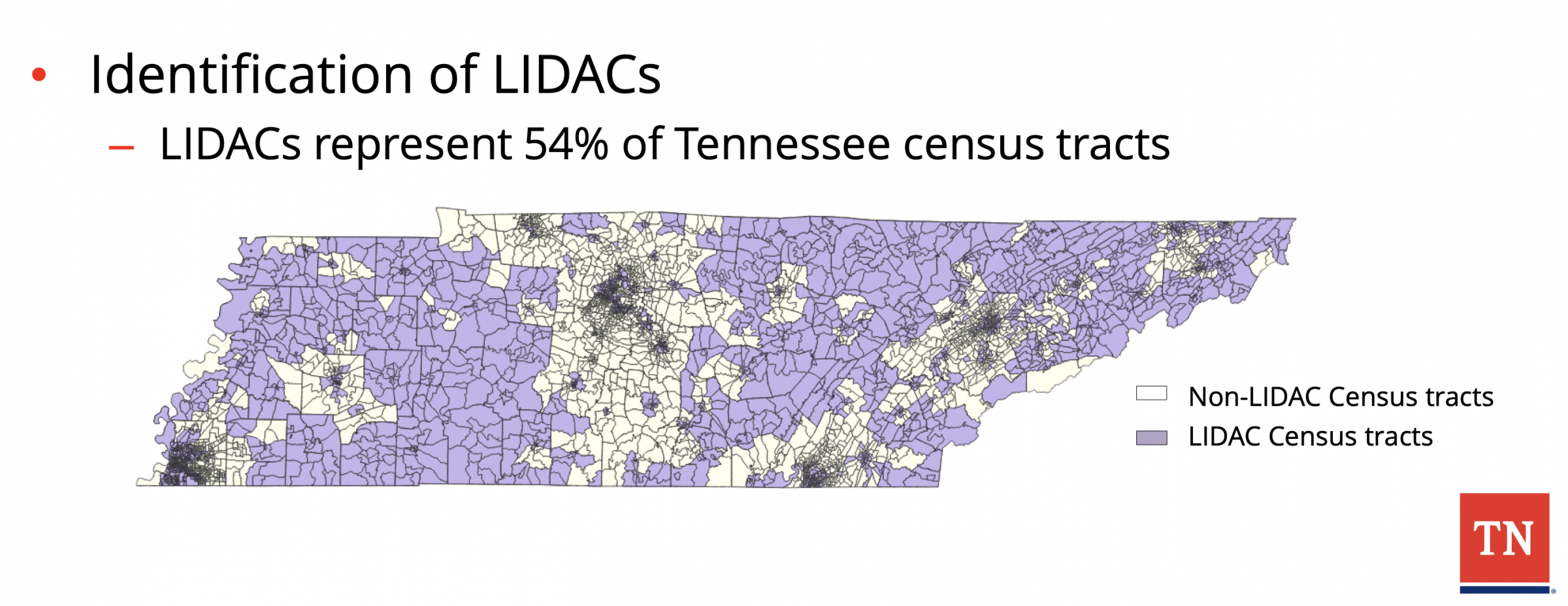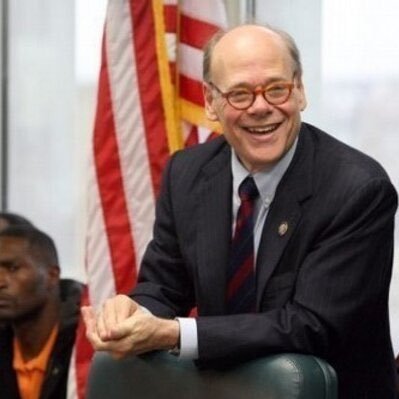Climate problems are starting to find solutions, from solar panels at the Memphis Zoo to state officials readying for potential millions of federal dollars to reduce air pollution.
Memphis:
Zoo officials announced last week it would soon install solar panels on building rooftops, thanks to a $676,000 grant from the U.S. Department of Energy. Memphis Mayor Paul Young said the panels will be the first-ever solar panels installed on any building owned by the city of Memphis.
The grant will also expand community outreach at the zoo and clean energy education programs. A portion of the grant will fund a waste characterization study and regional solid waste master plan for Memphis and Shelby County. Those programs will be run by city and county officials.
These programs further the Memphis Area Climate Action Plan. That plan aims to reduce greenhouse gas (GHG) emission levels here by 71 percent by 2050. The latest figures from 2020 show the plan is mostly on track. It met GHG reduction targets in the transportation and waste sectors, but missed the mark on energy.
Tennessee:
State officials are working to deliver part of Tennessee’s emissions-reduction plan to the feds by March. That’s the deadline for government agencies to get in line for $5 billion in federal grants to develop and implement “ambitious” plans for reducing GHGs, according to the U.S. Environmental Protection Agency (EPA). The funds come from the Inflation Reduction Act.
Tennessee’s plan is called the Tennessee Volunteer Emission Reduction Strategy (TVERS). It is truly a “volunteer” program.
”While other states have imposed mandates to reduce emissions, we hope to reach established goals through voluntary measures that may differ throughout the state,” reads the TVERS website.
TVERS will be the state’s first-ever climate plan. Memphis has one, as noted above. So does Nashville, Knoxville, and Chattanooga.
Late last year, the state took public opinion on taking action on climate change. The vast majority (75 percent) said they were motivated to act out of concern for the environment and future generations. The biggest challenge for them to act, though, was the high cost of efficient or sustainable alternatives.

To be eligible to get the federal funds, states had to identify low-income communities. State officials found that 54 percent of its census tracts were considered to be low-income/disadvantaged communities (LIDACs) by federal standards. Those applying for the funds must show their projects will bring significant benefits to these communities.
Tennessee Valley
Last month, a new study from the University of Tennessee (UT) found that carbon emissions throughout the Tennessee Valley fell 30 percent since 2005, a decrease of abut 78 million tonnes. The report said half of the decrease was attributable to a 50 percent reduction in emissions from Tennessee Valley Authority’s electricity generation. Another large chunk of the decrease (39 percent) came from agriculture, thanks to the adoption of no-till farming.
The Tennessee Valley region, which covers parts of seven southeastern states, emits about 200 million tonnes of carbon each year, about 3 percent of the nation’s total. Of that, the state said in 2019 it emitted about 112 million tonnes. The Memphis-area emitted about 17 million tonnes.
In Tennessee and the Tennessee Valley, transportation emitted the most GHGs. The UT report said electrifying light-duty vehicles was the single largest carbon reduction opportunity for the Valley. In Memphis, the top carbon emitter came from the energy sector.










